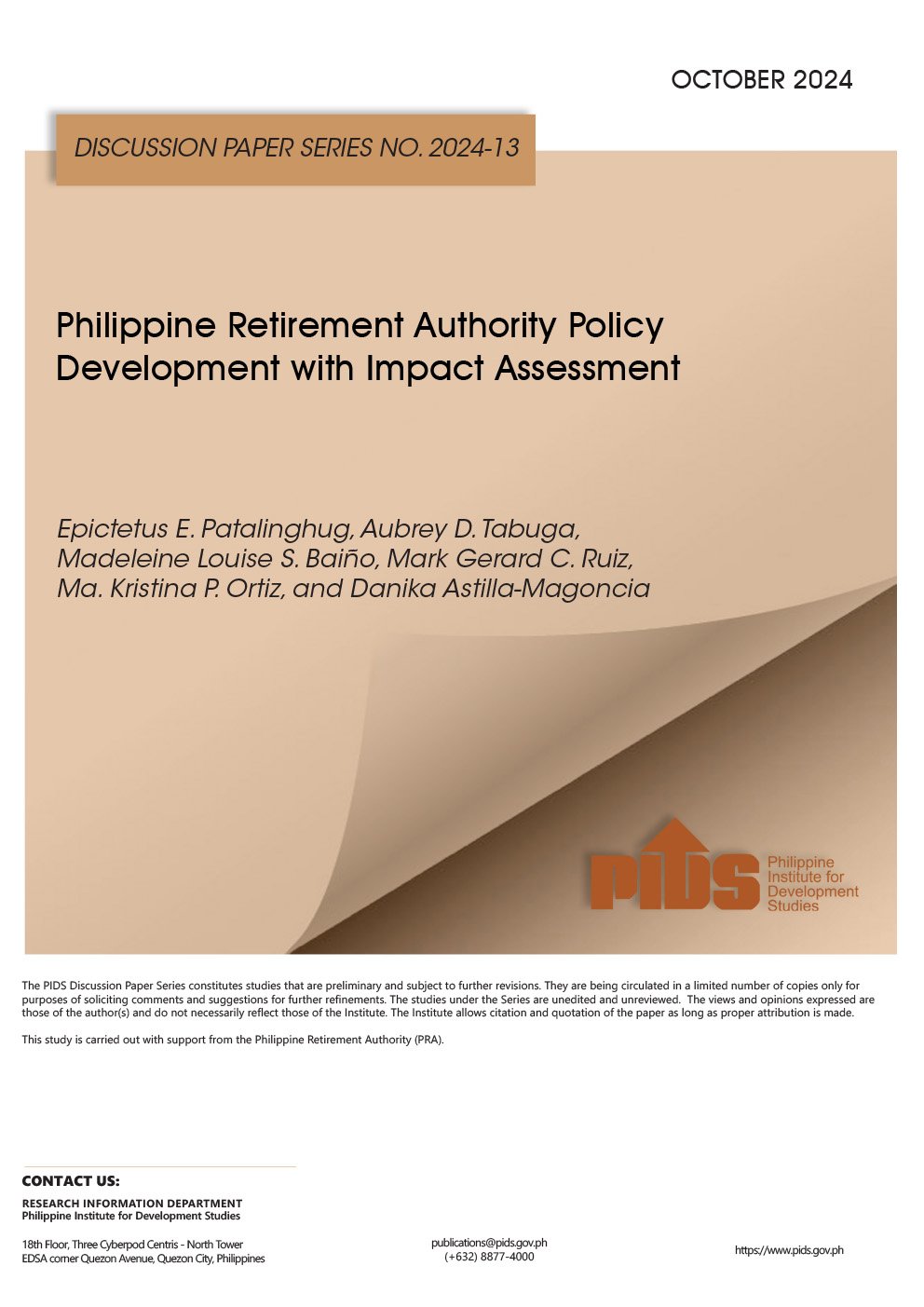IF the government shifts funds for the conditional-cash transfer (CCT) program to boost productivity in farms, poor households not engaged in farming will lose out on government assistance, according to local experts.
National Economic and Development Authority (Neda) Undersecretary for Policy and Planning Rosemarie G. Edillon told the BusinessMirror that the Department of Agriculture (DA) will not be able to absorb the P70 billion allocated for the Pantawid Pamilyang Pilipino Program (4Ps). Edillon added that using the funds for farms will also not result in higher productivity in the farm and fisheries sector.
“Without addressing the structural problems, it [4Ps for farms] will be ineffective. For fisheries, the big problem is hazy or no delineation of property rights plus poor enforcement of fishing laws. Even if you distribute more fishing boats, catch still won’t increase,” Edillon said.
“In coconut, if you don’t address the problem of senile coconuts, which one cannot cut down by law, even if you provide more fertilizers, production will not increase much,” she added.
Claims by Agriculture Secretary Emmanuel F. Piñol—that the CCT has discouraged workers in rural areas from working—was not evidence-based, Edillon said.
She added studies by state-owned think tank Philippine Institute for Development Studies (PIDS) showed no significant difference in the work effort between 4Ps families and non-4Ps families.
Further, PIDS senior research fellow Roehlano M. Briones also said there is no evidence that the decline in agriculture employment is caused by farmers leaving agriculture because of the 4Ps.
Briones added that farmers also benefit from the 4Ps because receiving the assistance means they have to ensure their children go to school and are healthy, as well as make sure pregnant women undergo regular checkups.
“It provides cash for them, so it is a big help, plus it incentivizes schooling and health-service consumption,” Briones said.
In a recent public Facebook post, PIDS senior research fellow Jose Ramon G. Albert said the CCT is not a dole-out, as it encourages capacity development in households.
Albert noted a “sunset provision” when it comes to the CCTs, since families receiving the 4Ps “graduate” from the assistance when children complete high school.
He said even international experts do not view CCTs as doles, owing to the conditions tied to the assistance.
“There is no evidence that cash transfers make the poor lazy…many of the mothers of Pantawid child beneficiaries I talked with [several of them have husbands who are farmers] are very industrious, and the 4Ps even empowered them. They cant be lazy, as the money is too small—a maximum of P2,000 monthly, which is very little,” Albert said.
University of the Philippines School of Statistics Dean Dennis Mapa earlier said that the CCT is not enough to keep a family out of poverty, since it only accounts for about 15 percent of the annual household poverty threshold.
Based on the 2015 Family Income and Expenditure Survey (FIES), the annual per-capita threshold in the Philippines is P21,753. But a Metro Manila resident needs P25,007 annually to keep out of poverty.
PSA data showed a family of five needs at least P6,329, on average, every month to meet the family’s basic food needs and at least P9,064, on average, every month to meet both basic food and nonfood needs.
In a 2017 study titled “Pantawid Pamilya Pilipino Program: Boon or Bane?” PIDS senior research fellows Aniceto Orbeta and Vicente Paqueo raised warning bells over higher than necessary CCT grants, as this could lead to a culture of dependency among recipients.
The authors recommended that the government first pilot a study of various cash grants before deciding on granting higher CCT amounts.
“Much bigger grants, however, can change the household calculus in ways that would lead to the weakening of work ethics and the emergence of dependency on government, as critics have warned,” Orbeta and Paqueo said.
The authors said that, while arguments supporting increased cash grant amounts for beneficiaries could enhance the impact of the CCT program, increasing the amount without studying the impact of various levels of cash grants “would be risky.”
The authors said that, while the CCT has not eradicated child labor—the grants are insufficient to remove the practice—it has significantly contributed to its decrease.
In terms of health, the study found more children undergoing growth monitoring and receiving deworming pills, vitamin A and iron supplementation. Further, more mothers received antenatal and postnatal care from health-care professionals.








